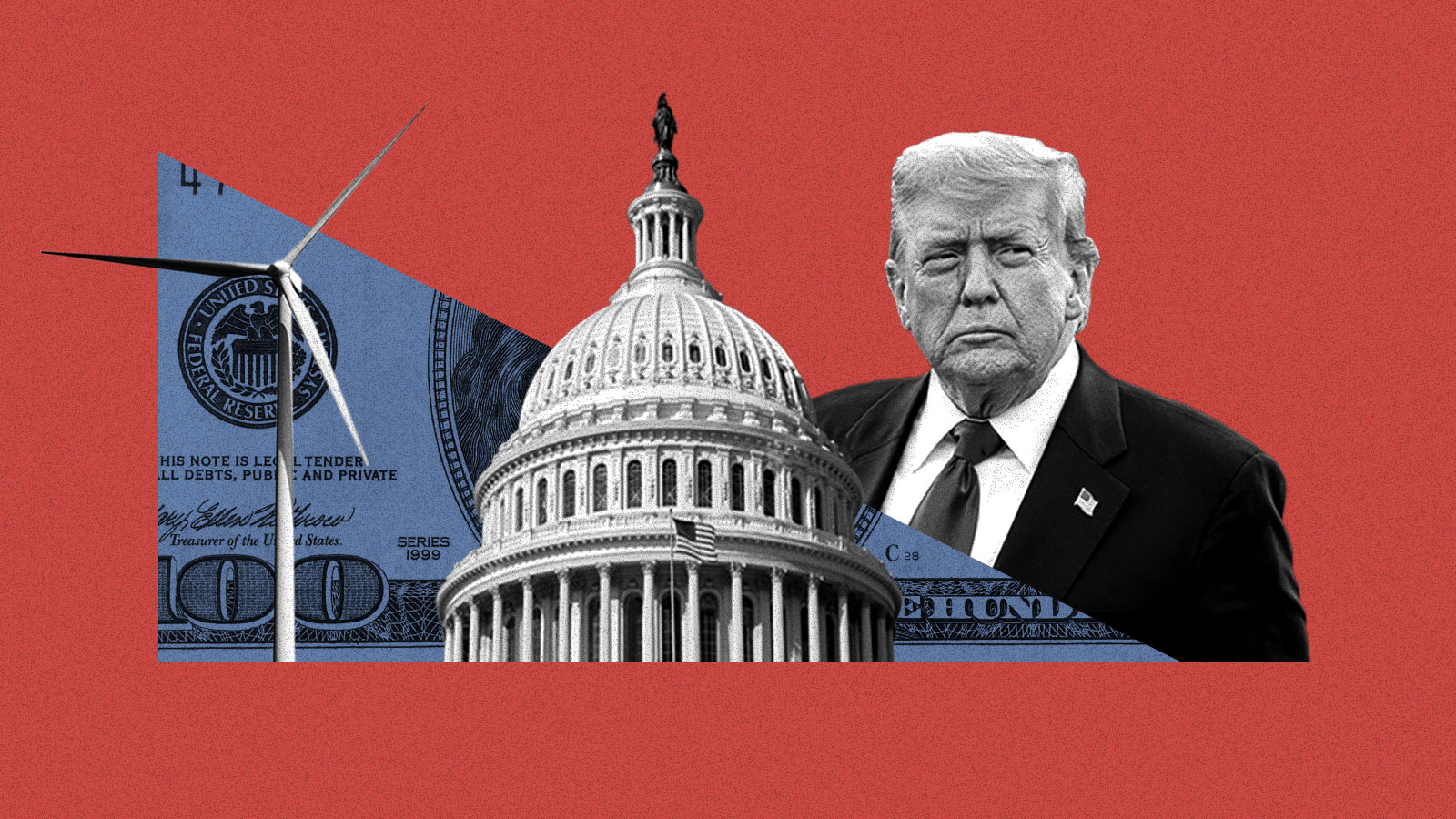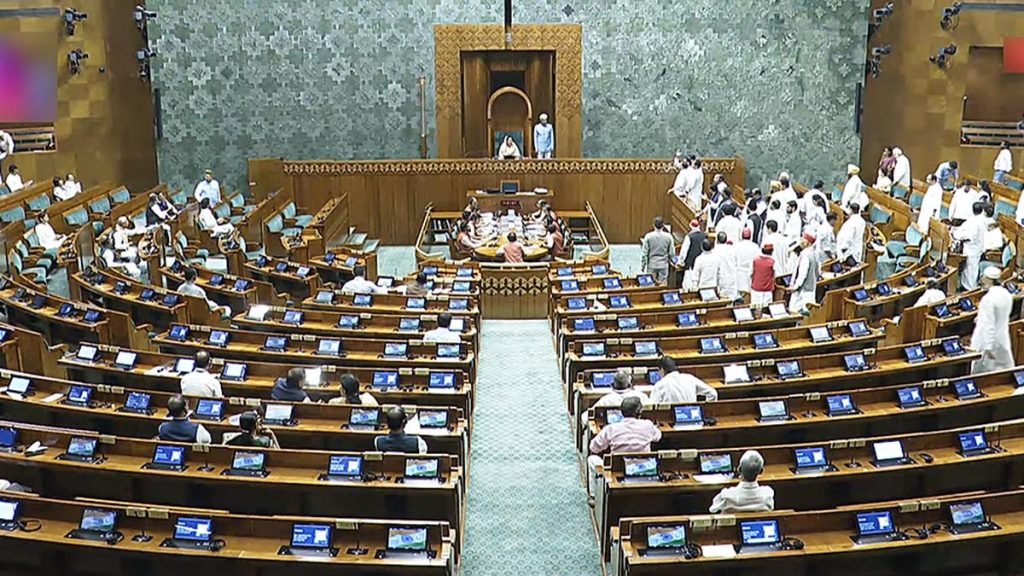Now Reading: Congress Greenlights Rollback of US Climate Policy, Sparking Concerns
-
01
Congress Greenlights Rollback of US Climate Policy, Sparking Concerns
Congress Greenlights Rollback of US Climate Policy, Sparking Concerns

Swift Summary
- the U.S. House of Representatives passed President Donald Trump’s domestic policy bill, narrowly voting 218-214, with all Democrats opposing and nearly all Republicans supporting the measure.
- Key provisions include:
– Deep tax cuts estimated to cost over $4 trillion in ten years.
– Cuts of nearly $1 trillion to Medicaid funding.
– $325 billion allocated to military and border security spending.
– Elimination of clean energy tax credits by phasing out incentives for wind, solar projects, and electric vehicles earlier than planned.
- Environmental critics warn the legislation removes America’s only federal climate strategy, putting greenhouse gas reduction targets under the Paris Agreement out of reach.
- Agriculture subsidies were increased by approximately $50 billion while removing requirements for climate-targeted funds in agricultural programs under the IRA (Inflation Reduction Act).
- Proposals regarding public land sales and restrictions on Chinese components in renewable energy were dropped from earlier drafts due to objections within Congress.
- Republican representatives secured carveouts for local states including reduced work requirements for food stamps in exchange for their support. Two GOP lawmakers opposed the bill citing federal deficit concerns or Medicaid cuts.
Indian Opinion Analysis
The passage of this bill represents a meaningful shift away from green energy initiatives adopted during Biden’s administration toward policies prioritizing defense spending and tax relief. For India, as a key stakeholder in global climate action agreements like the Paris Accord, this advancement could alter collaborative efforts between nations like the U.S. and India on renewable energy technology exchange programs.
From an economic outlook, if reduced U.S. subsidies impact international green supply chains-such as solar equipment production-it may hinder India’s own transition efforts toward lasting systems since demand shocks could raise prices globally. Furthermore,India’s geopolitical strategy may need recalibration considering shifts in America’s domestic priorities that de-emphasize environmental diplomacy.
Environmental risks aside would also involve slower collective momentum slowing concert among GHG milestone moraleady Read More link shared impacts



























